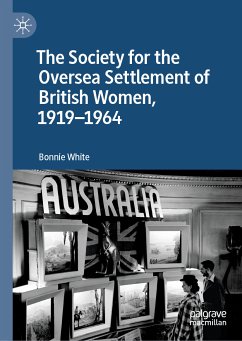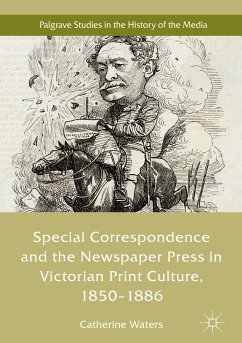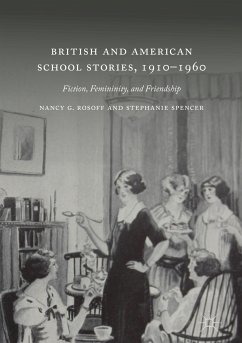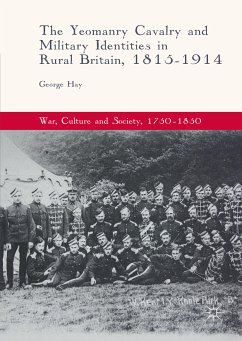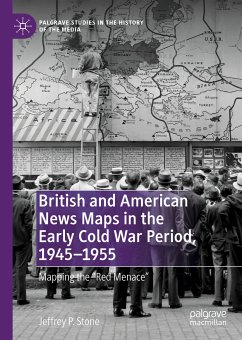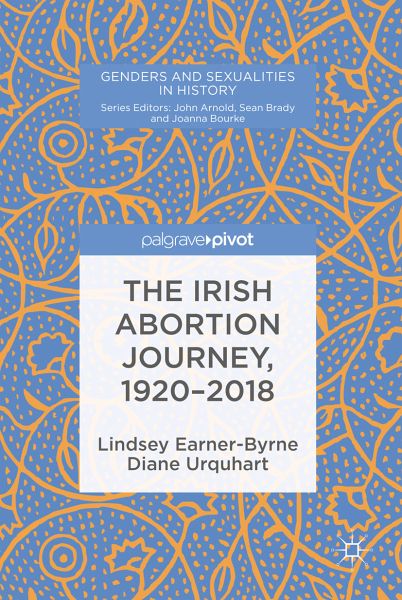
The Irish Abortion Journey, 1920-2018 (eBook, PDF)
Versandkostenfrei!
Sofort per Download lieferbar
52,95 €
inkl. MwSt.
Weitere Ausgaben:

PAYBACK Punkte
26 °P sammeln!
This book reframes the Irish abortion narrative within the history of women's reproductive health and explores the similarities and differences that shaped the history of abortion within the two states on the island of Ireland. Since the legalisation of abortion in Britain in 1967, an estimated 200,000 women have travelled from Ireland to England for an abortion. However, this abortion trail is at least a century old and began with women migrating to Britain to flee moral intolerance in Ireland towards unmarried mothers and their offspring. This study highlights how attitudes to unmarried moth...
This book reframes the Irish abortion narrative within the history of women's reproductive health and explores the similarities and differences that shaped the history of abortion within the two states on the island of Ireland. Since the legalisation of abortion in Britain in 1967, an estimated 200,000 women have travelled from Ireland to England for an abortion. However, this abortion trail is at least a century old and began with women migrating to Britain to flee moral intolerance in Ireland towards unmarried mothers and their offspring. This study highlights how attitudes to unmarried motherhood reflected a broader cultural acceptance that morality should trump concerns regarding maternal health. This rationale bled into social and political responses to birth control and abortion and was underpinned by an acknowledgement that in prioritising morality some women would die.
Dieser Download kann aus rechtlichen Gründen nur mit Rechnungsadresse in A, B, BG, CY, CZ, D, DK, EW, E, FIN, F, GR, HR, H, IRL, I, LT, L, LR, M, NL, PL, P, R, S, SLO, SK ausgeliefert werden.
Alle Preise in Euro und inkl. der gesetzl. MwSt. | Innerhalb Deutschlands liefern wir preisgebundene Bücher versandkostenfrei. Weitere Informationen: bitte hier klicken
Support
Bitte wähle dein Anliegen aus:
Rechnungen
Bestellstatus
Retourenschein
Storno




